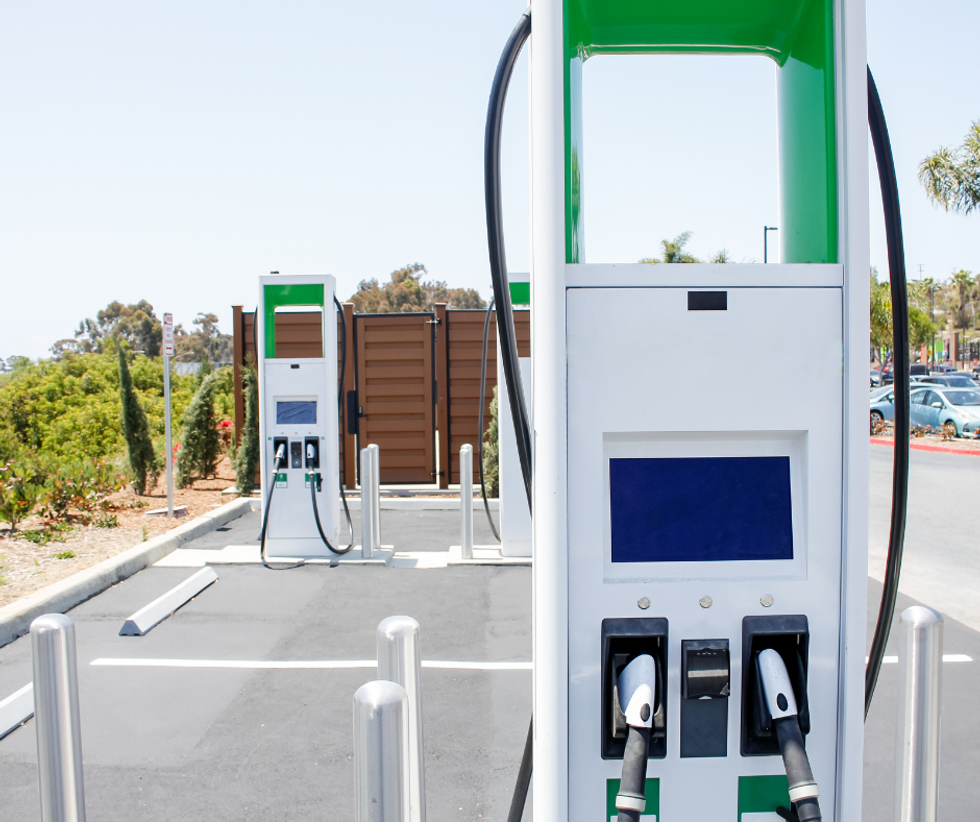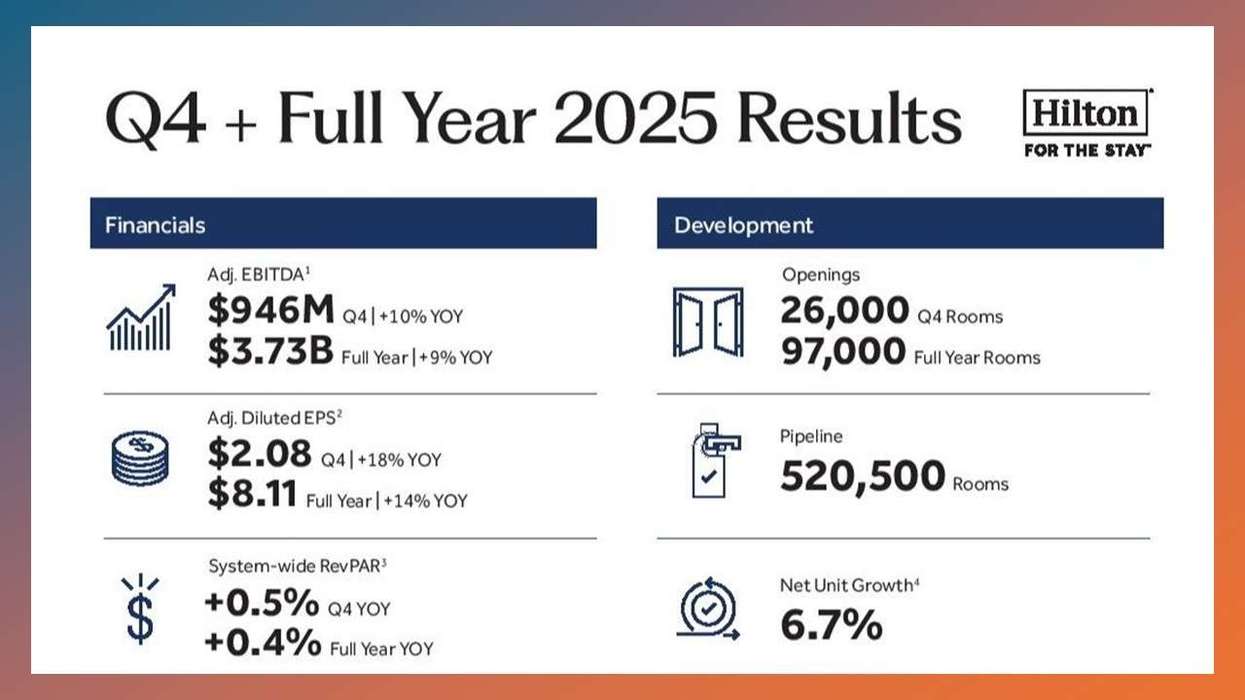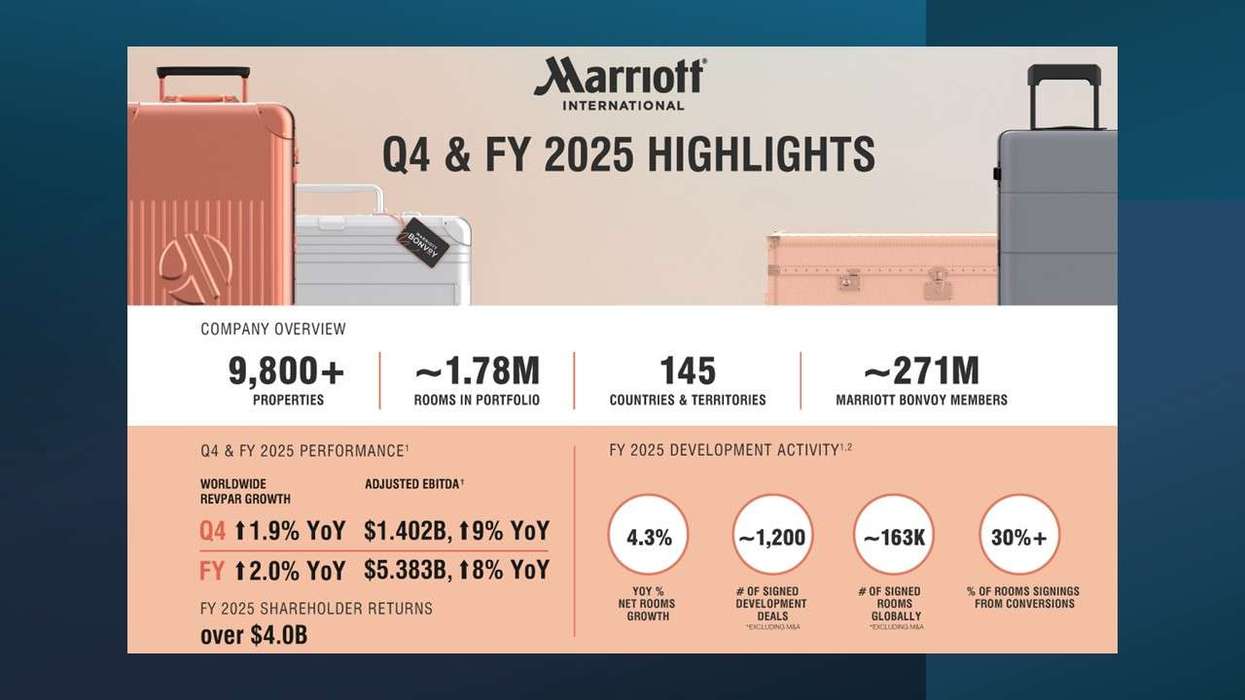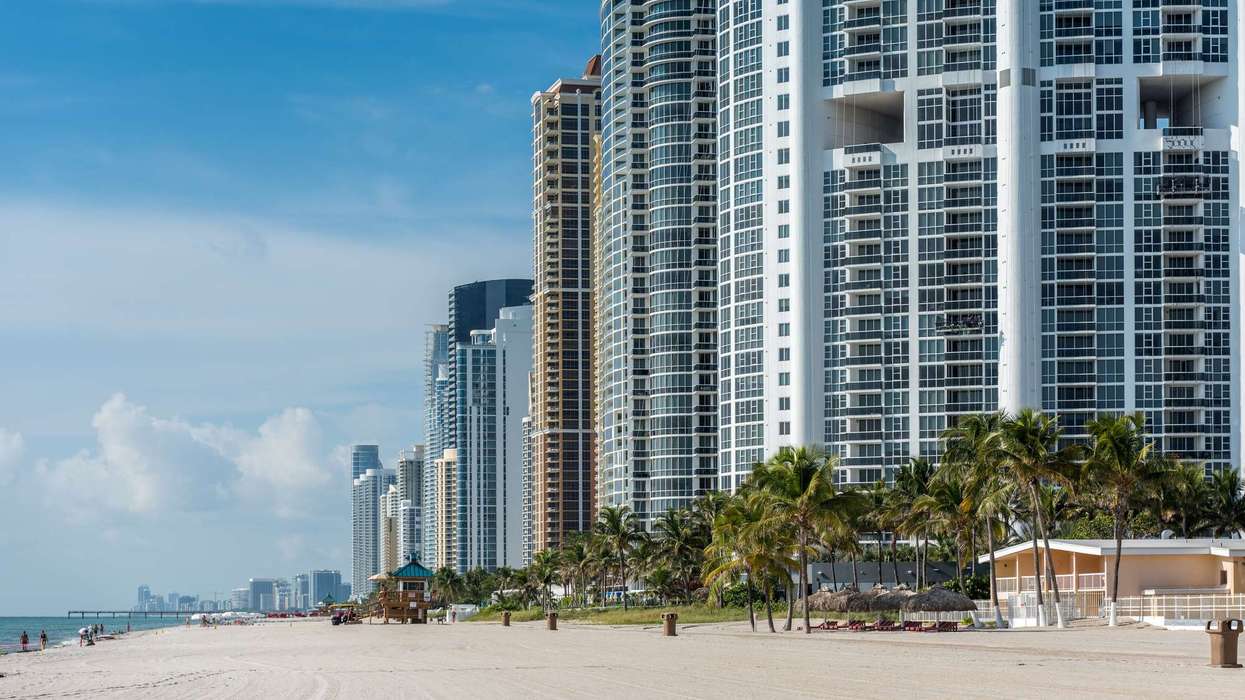In an era where sustainability and convenience are paramount considerations for travelers, hotels are embracing innovative solutions to stay ahead in the competitive hospitality industry. One such forward-thinking amenity that is transforming the guest experience and boosting revenue is the integration of electric vehicle charging stations. Beyond environmental consciousness, these charging stations offer a plethora of benefits that can significantly impact a hotel's bottom line.
1. Attracting a Growing Market Segment
The shift towards electric vehicles is undeniable, with more consumers opting for eco-friendly transportation. In the years to come more EVs will be hitting the roads. By installing EV charging stations, hotels tap into a burgeoning market segment, attracting EV travelers that plan their trips around EV chargers. This strategic move puts the hotel at the top of the list and positions the hotel as a progressive and forward-looking establishment.
2. Enhancing the Guest Experience
Providing EV charging stations enhances the overall guest experience. Travelers with electric vehicles often face the challenge of finding suitable charging points during their journeys. By offering on-site charging, hotels alleviate this concern, fostering a sense of convenience and loyalty among guests. The seamless integration of charging stations into the guest experience contributes to positive reviews and encourages repeat bookings.
3. Diversifying Amenities for Corporate Travelers
Many business travelers now prioritize sustainability in their accommodation choices. Hotels with EV charging stations not only cater to the preferences of corporate guests but also stand out as responsible partners in their eco-friendly initiatives. This added perk can influence corporate travel managers' decisions, resulting in increased bookings from businesses that value environmental responsibility. As more corporations make the transition to EV transportation this will become a requirement for hotels if they want to attract these corporate customers.
4. Monetizing a Necessity
EV charging stations provide hotels with an additional revenue stream. Implementing a user-friendly payment system for charging services allows hotels to monetize this essential service, contributing to increased overall revenue. The demand for charging infrastructure is rising, and hotels that embrace this trend position themselves as innovators while capitalizing on the financial opportunities it presents.
5. Marketing Advantage and Competitive Edge
Promoting the presence of EV charging stations in marketing materials and on online booking platforms serves as a unique selling point. EV drivers search for hotels with EV charging when planning trips and will often choose a property just for the charging. It not only attracts electric vehicle owners actively seeking charging options but also differentiates the hotel from competitors. This distinctive feature can be a deciding factor for potential guests, boosting the hotel's visibility and competitiveness.
6. Meeting Regulatory Requirements
As governments emphasize the transition to sustainable transportation, regulatory requirements for businesses to provide EV charging infrastructure are becoming more common. Many local ordinances are now adding requirements for EV charging spaces when renovating or building new facilities. By proactively installing charging stations, hotels position themselves as compliant and socially responsible, avoiding potential fines and penalties associated with non-compliance.
In conclusion, the integration of EV charging stations is more than an environmental gesture – it's a strategic investment that enhances the guest experience, attracts a growing market segment, diversifies amenities, and boosts revenue. As hotels continue to adapt to changing consumer preferences, embracing electric vehicle charging is not just a sustainable choice; it's a powerful business move that propels them into the future of hospitality.







